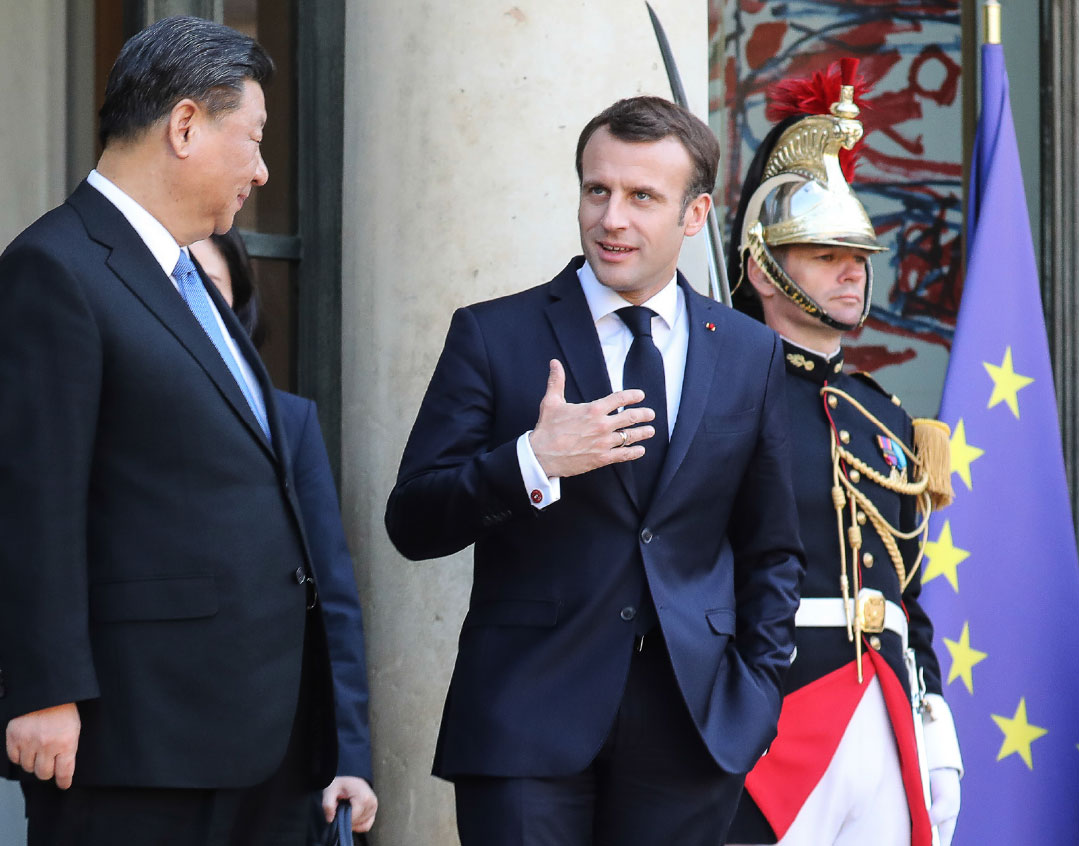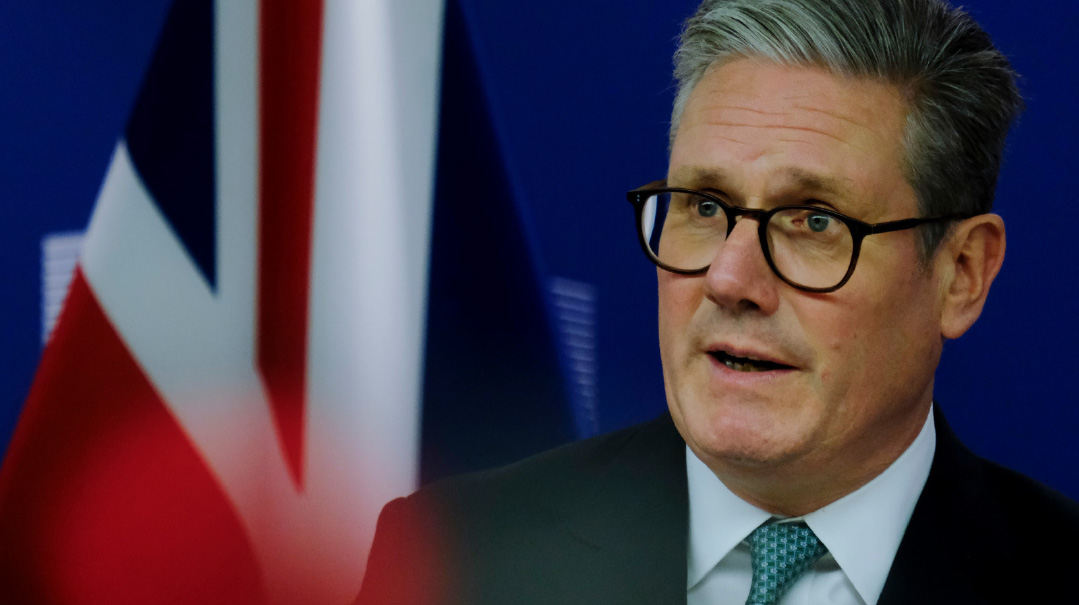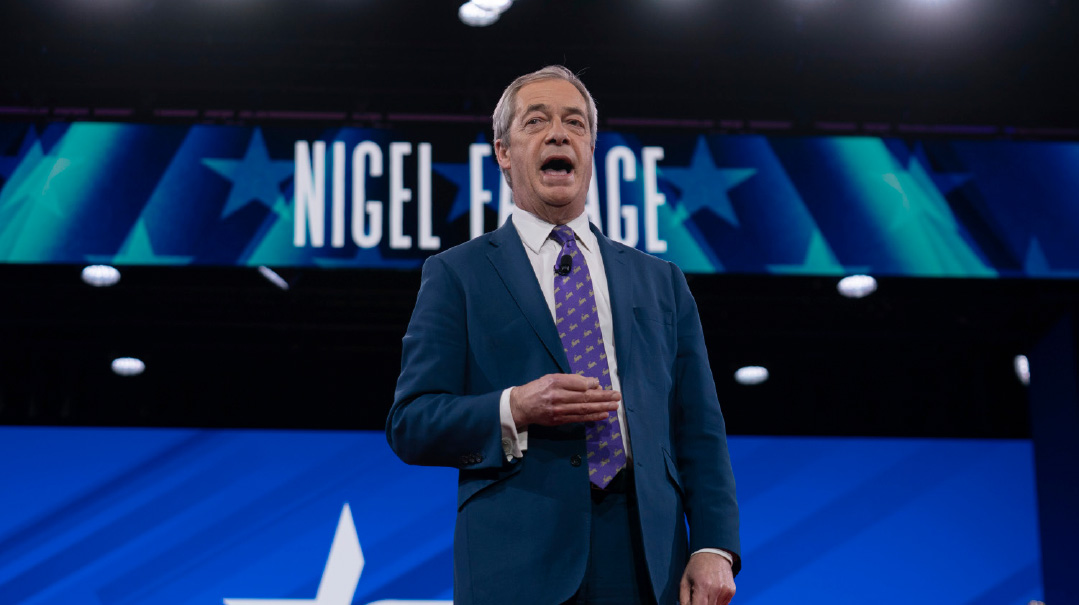The Chinese Dragon Awakens the European Sloth


Photo: Finally waking up — France's Macron talks tough on China
T
wo years after President Trump put the threat from a rising China at the heart of American foreign policy, there are signs that Europe is starting to do the same.
Italy’s signing of a trade deal with China, as well as concerns over Chinese spooks using new 5G communications networks to spy on Europe, have stirred unease at European Union headquarters. After years in which complaints about China’s behavior were muted, the EU-China summit in Brussels this week takes place against a background of new European determination to confront the Communist giant.
In the strongest language yet, the European Commission described China last month as a “systemic rival,” whose “economic power and political influence have grown with unprecedented speed.” National leaders used similarly tough language, with Emmanuel Macron of France speaking of a “European awakening” to the threat from China. Although EU-China daily trade stands at a massive $1.12 billion, Germany’s Angela Merkel called for more “reciprocity” in economic opportunities as a condition for further Chinese investment in Europe.
EU leaders are also thinking beyond trade, treating China as a foreign-policy challenge across the board. “China is set to become the subject of the 21st century on both sides of the Atlantic,” German foreign minister Heiko Maas said in a speech in Washington last week. “It is important to gain a better understanding of what that implies for NATO.”
In a sign of how seriously European leaders are taking this, the EU has moved quickly to translate words into actions. A new investment-screening law governing critical infrastructure and advanced technology aimed at China passed in 18 months — what the European Council on Foreign Relations called “almost unprecedented speed for the European Union.”
Three developments have brought about this revolution in European thinking. The first is China’s vast Belt and Road Initiative, a $1 trillion infrastructure program linking China with Asia, Africa, and Europe, which Europe sees as a one-way street to Chinese muscle-flexing. A century and a half after British gunboats forced open Imperial China to trade in the Opium Wars, Communist China is trying to return the favor to Europe by way of massive trade deals.
Three weeks ago, Italy became the first core EU member to bite, signing deals to allow Chinese investment in the strategic ports of Genoa and Trieste. The Europeans are concerned that other investment-hungry EU countries will go the same way, and that China will leverage its stake in critical infrastructure to influence European policy. Germany’s Heiko Maas warned Italy that “short-term lucrative business deals with China will have a bitter taste.”
The Huawei spying threat is the second major thorn in EU-China relations. The US has pressured Europe to block the Chinese telecommunications giant from building 5G networks, because of the potential for Chinese intelligence to penetrate Western communications via backdoors in the equipment.
More generally, there is a sense that Europe has come off the worse in trade with China. While China has produced tech companies like Alibaba and Tencent to rival the US, Europe has produced no tech giants. The EU allows Chinese companies to bid for infrastructure contracts, while European companies are barred from similar projects in China.
And although European disdain for all things Trump is clear, the US is ultimately behind this realignment in the EU’s thinking. From the trade war with China to arresting the daughter of Huawei’s CEO, President Trump’s signal foreign policy achievement has been to put the China issue on the table in Washington and Brussels.
How effective will the EU’s pushback against China prove? Although EU leaders are distracted by Brexit negotiations, Britain’s absence from European policy-making is a net positive. Previous pushes for reciprocity in China-EU trade were blocked by the UK on the grounds that blocking infrastructure bids from China could raise the cost for taxpayers.
But ultimately much depends on the US-EU relationship. In theory, a coordinated effort between Europe and the US could force China into line given the importance of the two as a destination for Chinese exports and as a source of technology. But in practice, the EU fears being left out in the cold as China and Trump strike a deal on their own.
Threatened by the Chinese dragon, slothful Europe seems to have woken up. And the UK’s Brexit experience has shown that the EU bureaucracy can be a formidable force when it maintains intra-European unity. What remains to be seen is whether an EU consensus holds vis-?-vis China, with Euroskeptic governments from Italy to Hungary eager to poke Brussels in the eye, and make a quick yuan along the way.
(Originally featured in Mishpacha, Issue 756)
Oops! We could not locate your form.







